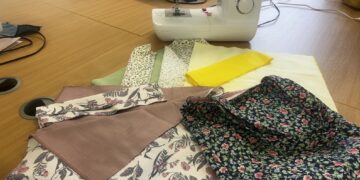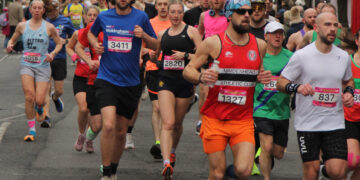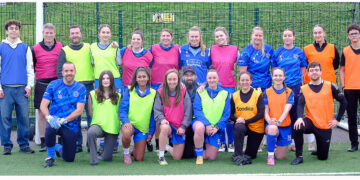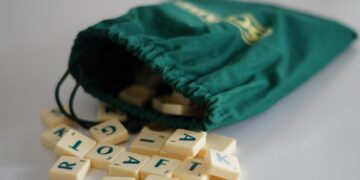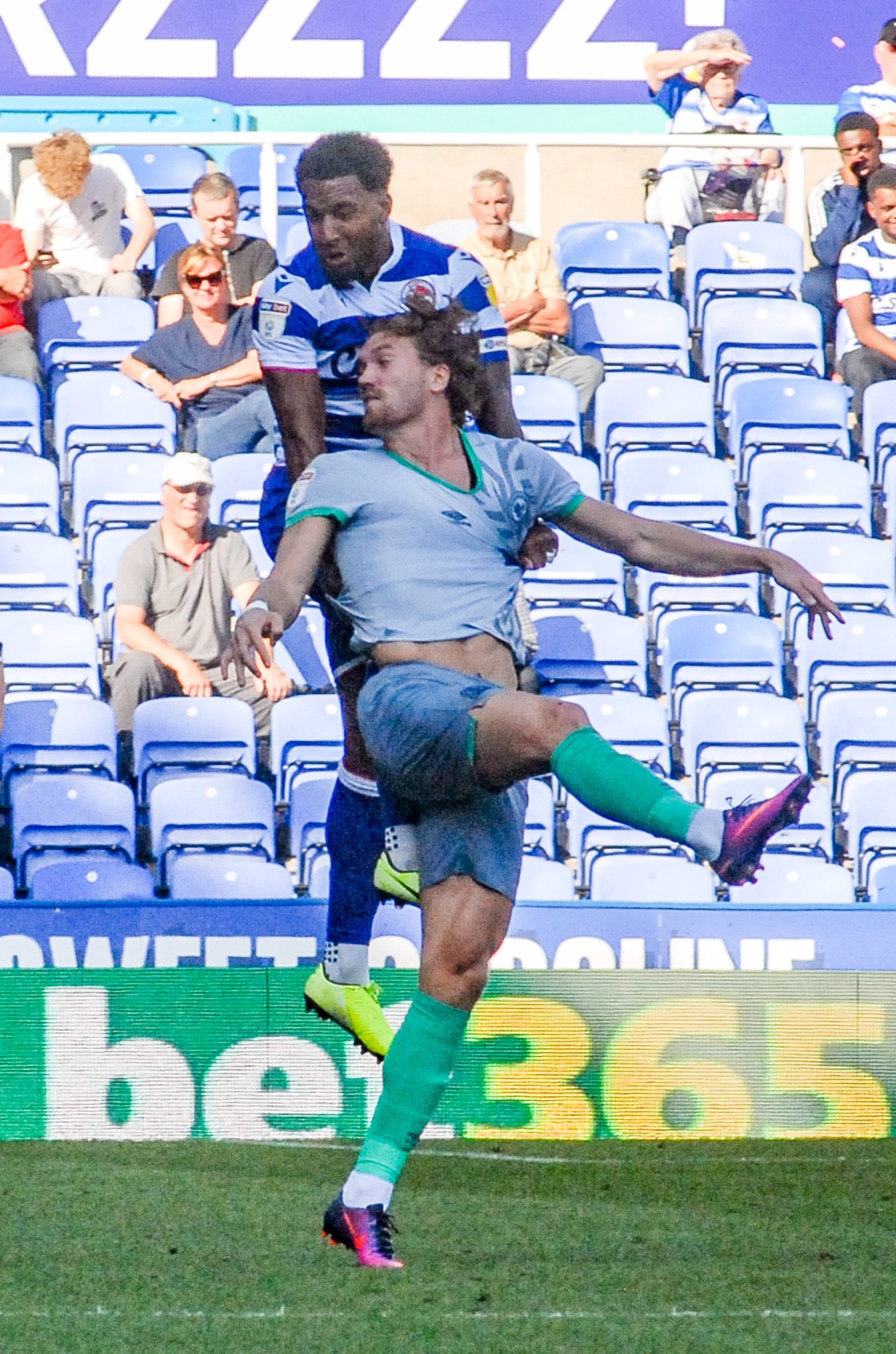Two weeks ago, there was an horrific clash of heads between Arsenal’s centre back, David Luiz, and Wolves star striker Raul Jimenez, when they both went to head the ball in their Premier League match
Raul Jimenez left the pitch on a stretcher but David Luis carried on, his head heavily bandaged. Surprisingly, the referee allowed him to continue, with blood still dribbling down the front of his bandages.
The Laws of the Game say that the referee ensures that any player bleeding leaves the field of play. He may only return when the referee is satisfied that the bleeding has stopped and there is no blood on the equipment, (i.e. clothing).
I was also surprised because such head injuries can easily lead to concussion. The problem is that there is often not enough time to ascertain the severity of a head injury and a player may return too quickly.
The IFAB and FIFA said earlier this year that they, were very committed to solve this problem. One idea is to have temporary concussion substitutions, giving medical staff more time to make the assessment. They intended to trial it at the Olympic Games but the games were postponed due to the virus. This year the FA issued all referees with Maddocks Concussion Questions. Five questions to test players faculties after head injuries.
Some years ago, concerned with local clubs lack of first aid knowledge and equipment, usually little more than a bucket and sponge, I decided to write a book dealing solely with treatment of football injuries.
I recruited fellow referee Terry Gibbs, who was a trained first aider, and we called our book, ‘So you carry the sponge’. We gave a full page to head injuries and concussion. ‘ A major problem with head injuries,’ we wrote,’ is that complications often arise after the incident. So called delayed concussion or compression can be a real danger’.
I had to smile when the FIFA President, Gianni Infantine, said after their meeting, ‘I know we have sometimes been accused of being slow but we will tackle this.
Our book highlighted it, in 1985.

By Dick Sawdon Smith




